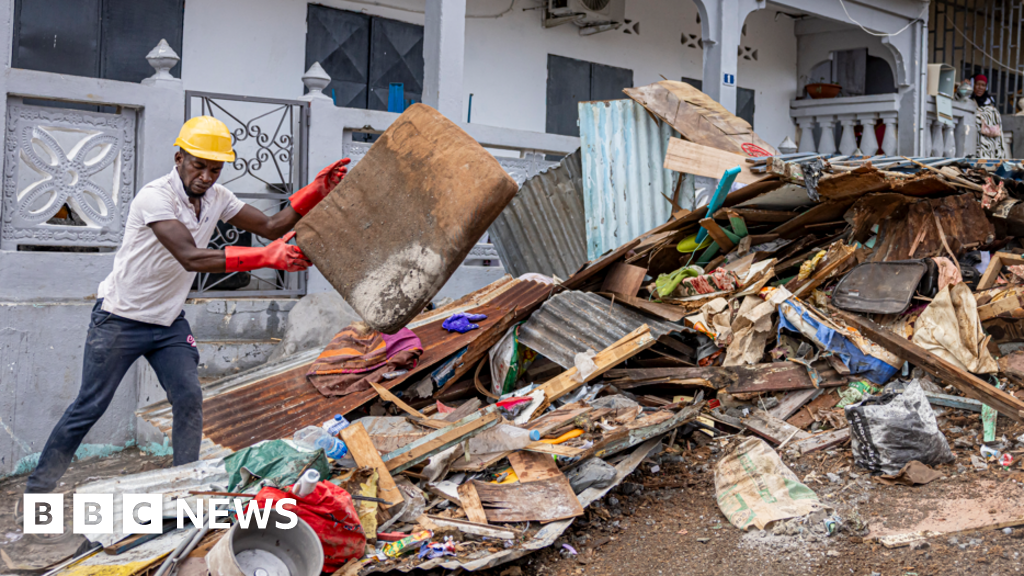GENEVA -- Families in a tiny Swiss village were packing up Wednesday after authorities issued an evacuation order with a weekend deadline because of the threat of a possible rockslide from an Alpine mountainside overhead.
Authorities in charge of the eastern village of Brienz said in a statement Tuesday that they analyzed the potential danger with geology and natural-hazards specialists and recommended the precautionary evacuation by 1 p.m. Sunday.
Christian Gartmann, a member of the crisis management board in the town of Albula, which counts Brienz in its jurisdiction, said inhabitants of the village, with a population of 90, were making quick preparations.
A similar evacuation took place in May last year. The following month, a rockslide sent 2 million cubic meters of stone tumbling down the mountainside — but it missed the village. Another 1.2 million cubic meters still loom, leading to the new order for evacuation.
“It has begun, immediately actually. People in the village organized themselves,” Gartmann said by phone. Some were “a little bit aggressive towards us" for ordering the evacuation, he said, adding that he understood their discontent.
“No one is in favor of his own evacuation. They would love to stay in their houses. They have been living in these houses for generations and they don’t want to leave their village,” Gartmann said. “But actually, it’s the mountain that orders us to evacuate them.”
In recent days, authorities have been advising villagers to take essential items, like computers, winter wear and school and work materials, for up to six months out of town, he said.
“It's not a total moving-out,” Gartmann said, summarizing the order to locals as “take everything that you need for the next few months. If you have some cheap ... sofa at home, leave it.”
Temporary lodging out of the village, which sits in between Italian and German-speaking parts of southeastern Switzerland, has already been arranged for about three-quarters of residents, and some were staying nearby with friends or family, he said.
The main threat is posed by rocks that are already strewn along the mountainside, not a larger breakage, Gartmann said.
A controlled explosion to trigger a rockslide to reduce the risk of an uncontrolled one has been ruled out, in part because 300 tons of explosives would be needed, he said. Blasting crews would face risks, and a detonation could also affect a nearby mountain.
A severe rockslide would almost certainly destroy the village anyway, Gartmann said. Instead, work is under way to relieve water pressure under the land that has unsettled the rocks in a bid to reduce the risk and give peace of mind to residents.
The gradual erosion has taken place over 12,000 years, since the end of the last Ice Age, he said.
While authorities plan to compensate evacuees for extra costs related to their departure, no payouts are planned for damage to personal belongings “because it's no one's fault. It's nature that dictates the evacuation," Gartmann said.

 1 month ago
8
1 month ago
8










 English (US) ·
English (US) ·